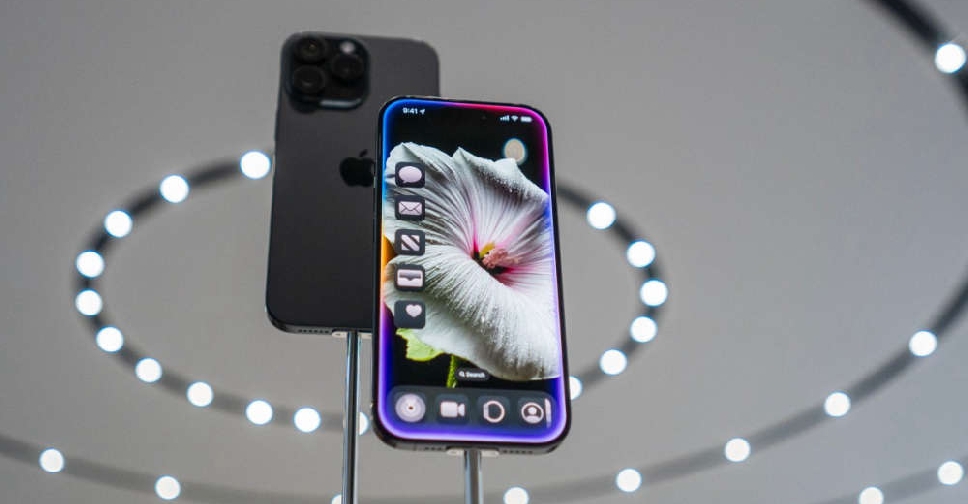
Apple unveiled its long-awaited, artificial intelligence-boosted iPhone 16 and promised improvements in its Siri personal assistant as it rolled out new software, beginning in test mode next month.
Apple and technology companies around the world are racing to add AI to products, and phones are expected to be among the most important battlegrounds.
Apple Intelligence, the company's AI software, will be used to improve Siri as well as enhancing features such as understanding and identifying objects captured by the phone camera, executives said.
A test version of Apple Intelligence will be available in the US version of the English language next month. It will be available for other localised versions of English in December, with versions in languages including Chinese, French, Japanese and Spanish next year. Features including improvements to Siri will be rolled out over time, Apple said. It did not say, however, when it would move beyond test.
The iPhone 16 and 16 Plus will cost the same as models they replace and use a new chip and an aluminum case. A customisable button that can control the camera was one of the most touted hardware features in a format that looks similar to previous models.
The higher-end 16 Pro and 16 Pro Max are made from titanium and have more AI capability, such as offering suggestions on how to set up a photo shoot more effectively and audio-editing capabilities aimed at professional-level video production.
Apple's new iPhone chips use the latest version of Arm's architecture that includes specific features to speed AI applications.
"Existing iPhone users who have had their device for 3-4 years will definitely be enticed to upgrade, even if some things are rolling out later, as this will future-proof their device for AI," said International Data Corp analyst Nabila Popal.
Apple competitor Huawei's website showed on Monday that it had garnered more than 3 million pre-orders for its Z-shaped tri-fold phone ahead of its official unveiling. This underscores Huawei's ability to navigate US sanctions and solidifies its position against Apple in China, where consumers are hankering for more AI features and are willing to pay for them.

 UAE, India, Sri Lanka sign deal to develop Sri Lanka into energy hub
UAE, India, Sri Lanka sign deal to develop Sri Lanka into energy hub
 EU seeks unity in first strike back at Trump tariffs
EU seeks unity in first strike back at Trump tariffs
 UK's Jaguar Land Rover to halt US shipments over tariffs
UK's Jaguar Land Rover to halt US shipments over tariffs
 US starts collecting Trump's new 10% tariff
US starts collecting Trump's new 10% tariff
 Nasdaq set to confirm bear market as Trump tariffs trigger recession fears
Nasdaq set to confirm bear market as Trump tariffs trigger recession fears




